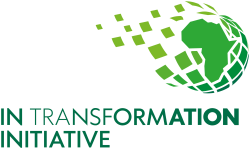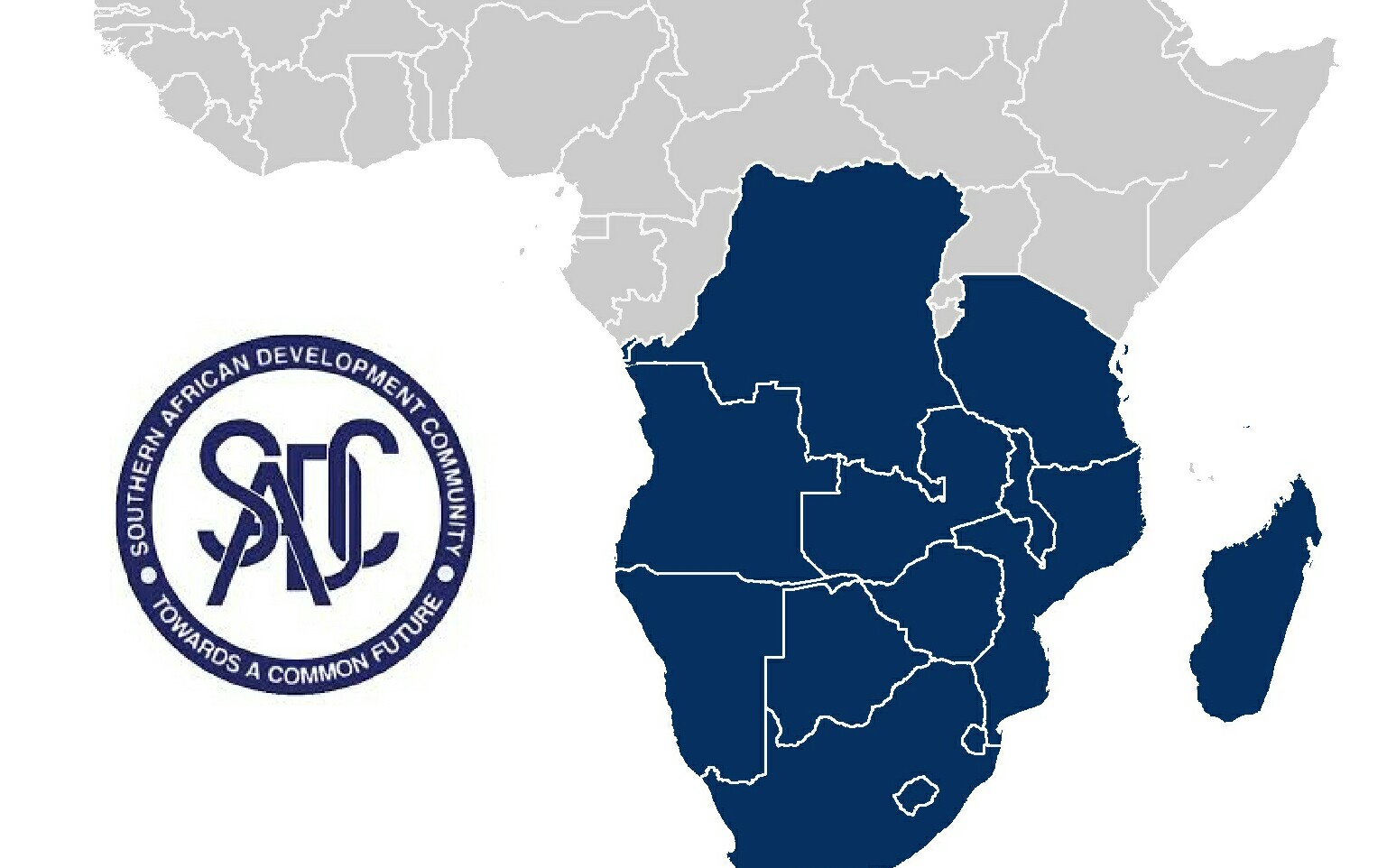The SADC regional bloc while it continues to work towards entrenching democratic values and principles in its member states, is at the same time experiencing conflict and stability challenges in some of its member states that have the potential to threaten the peace and stability of the region at large.
Eswatini and dialogue prospects
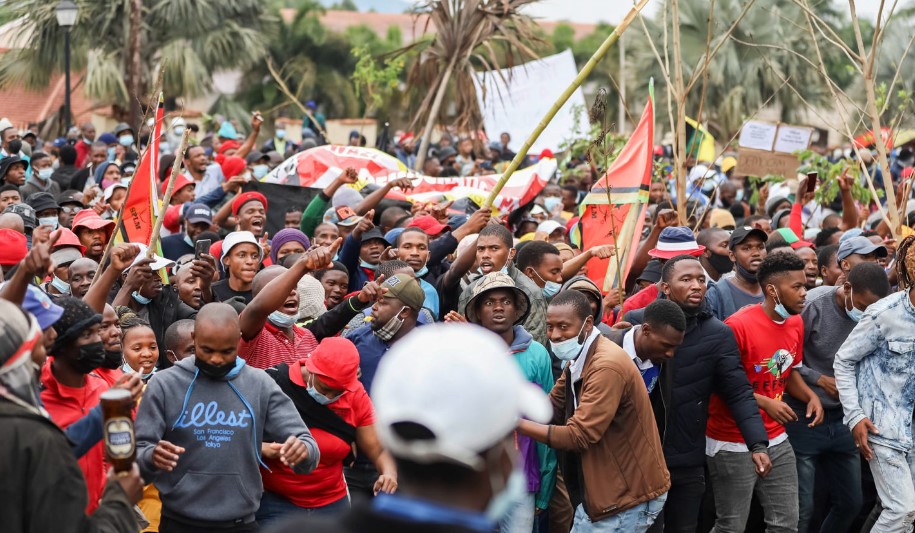
The recent assassination of Thulani Maseko a lawyer and pro-democracy advocate in Eswatini points to a fast-deteriorating situation in the country and has the danger of heightening an already tense situation. The demands by the pro-democracy movement is for a democratic transition, which among others entails an inclusive and externally mediated political dialogue; a new democratic constitution; the unconditional banning of political parties and the setting up of an interim transitional authority. While SADC has supported and urged for a dialogue process, the King it would appear has continued to stall on the process, preferring to instead hold a dialogue in his own terms and in accordance with existing traditional structures. In the absence of any movement on the dialogue process the context has evolved towards destructive violence with the international solidarity forces taking a militant approach and turning the tide of the conflict towards destruction and instability. The assassination of Maseko which is not an isolated incident but part of a growing pattern of violence against opposition figures and security service personnel promises to further fuel the growing agitation with the monarch and the establishment. While the security situation in the country is fast deteriorating, the king remains adamant that the Tinkhundla elections will go ahead this year. This action threatens to upend efforts by SADC to find a political solution through dialogue.
In the aftermath of Maseko’s assassination, and in what many see as an unprecedented move, President Hage Gottfried Geingob immediately released a statement in his capacity as SADC troika chair. In his statement, the Troika Chairperson condemned the assassination and directly called on the government to take all measures transparently to ensure that the perpetrators of the criminal act are brought to book. This bold statement was a break from the past where SADC hardly ever commented on politically targeted violence. The regional bloc from this indicates an intent to tackle head-on threats to regional stability within member states. Furthermore, the Extra-Ordinary SADC Troika Summit held on the 31st of January 2023 communique once more brought the assassination of Mr Maseko on the agenda and urged Eswatini to speedily resolve not only the murder issue but to also move the country towards resolution of the political conflict through a comprehensive and inclusive dialogue process. Perhaps some urgency will now be exerted by the region on the needed inclusive dialogue that is needed in Eswatini before there is further escalation of the crisis in the country.
Elections and regional stability
Of particular note in the region is that 2023 is a year of elections in a number of SADC countries including The Democratic Republic of Congo, Madagascar, Eswatini, Mozambique and Zimbabwe. This presents an opportunity for SADC to double down on its efforts to promote free and fair, transparent, credible and peaceful democratic elections as articulated in the SADC Principles and Guidelines for Democratic Elections. The Principles and Guidelines provide minimum standards for an election to be adjudged to be free, fair and credible. Key tenets enjoin member states to ‘Guarantee an environment of open contest with no undue exclusion and restrictions’, to ensure that basic fundamental freedoms are enjoyed by all citizenry and that access to information provides the basis of an informed electorate.
Unfortunately, in the countries where elections are to be held, there have historically been election-related misgivings that have seen these countries challenged through various observer missions to work towards meeting the standards laid out by amongst others SADC.
Zimbabwe’s elections
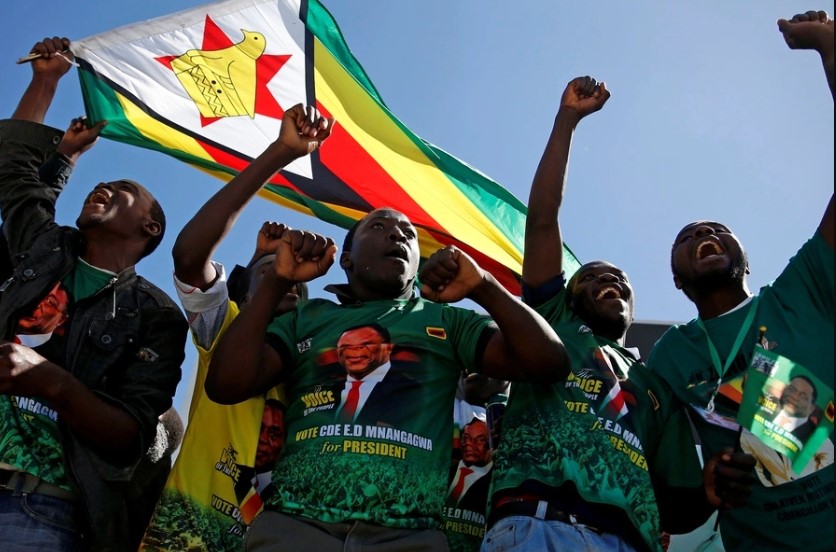
The current political environment in the country is feeding into growing skepticism about the readiness of the country to hold free, fair and credible elections. Key issues that can potentially jeopardize the credibility and integrity of the forthcoming harmonized elections in Zimbabwe relate to the credibility of the voters’ roll, the contestation around the delimitation process, access to media for all contesting parties, freedom of association, election violence and the availability of space for all political parties to canvas for support without the weaponization of the law. The elections are going ahead outside of the institution of substantive electoral reforms as had been put forward through the 2013 constitution. The recently submitted delimitation report is shrouded in a lot of contestations throwing the whole delimitation process into question. Furthermore, the government’s intent to pass the private voluntary organization (PVO) bill has sent strong signals on the clamping down of the civic space. The bill which now awaits presidential assent, if passed into law, has the potential of severely restrict the operating space of CSOs whose work is deemed as falling within the ambit of political activities. This includes CSOs working in the area of civic participation, governance and human rights. Such CSOs have played a pivotal role in the past in the area of civic education, championing human rights and encouraging citizens to participate in electoral processes from an informed position. The UN Special Rapporteur on the Rights to Freedom of Peaceful Assembly and of Association has implored President Mnangagwa not to sign the bill into law citing the adverse effect it will have on basic civic freedoms and active citizenry. Whether SADC will weigh in on this issue remains to be seen, though it doing so would be a strong signal on its intent to promote and safeguard democratic ideals in the region.
DRC elections amidst violent conflict
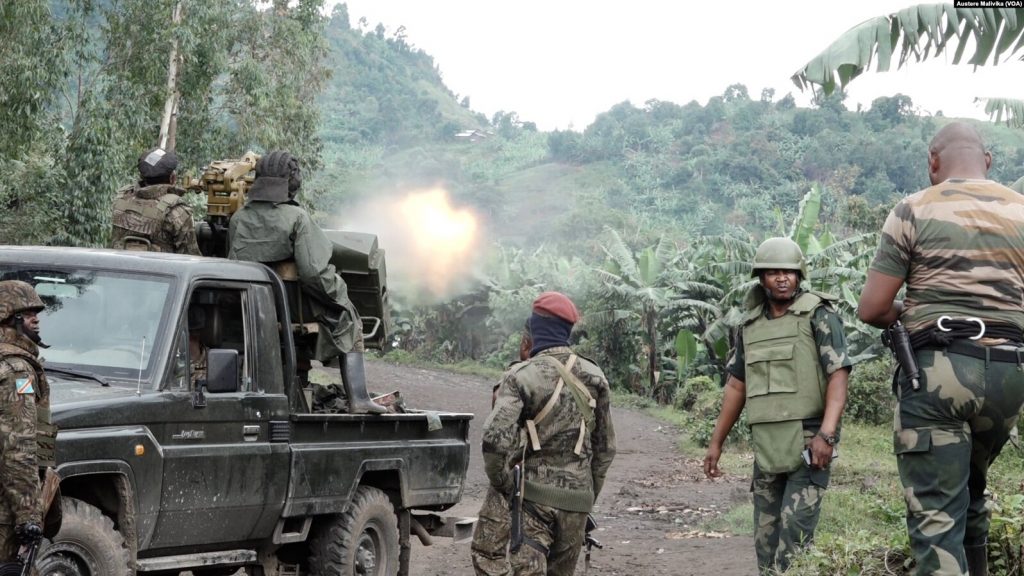
The situation in the DRC is no better. The country heads to what promises to be one of the most expensive elections in the region. The elections are projected to cost a whopping USD 600 million. Yet a significant portion of the country is at risk of being disenfranchised due to the ongoing violent conflict with the M23 and other nearly 100 more armed groups in eastern parts of the country. The violent conflict in eastern DRC has been used to institute emergency powers better known as the state of siege in the East and Northern parts of DRC. This makes it difficult for ordinary citizens and political parties to freely engage and participate in political activities. Political horse-trading is likely to be the order of the day as President Tshisekedi, the current SADC chairperson, fights for a second and last term in office. His main rival Martin Fayulu has been on an offensive galvanizing international support. President Tshisekedi has been accused of filling up the Supreme Court and the DRC electoral management body with known party functionaries. This already taints the integrity and credibility of the CENI and the judiciary. While DRC now enjoys dual REC membership after joining the East African Community, its stability is central to the stability of SADC.
Violence and internal displacements threaten local elections in Mozambique
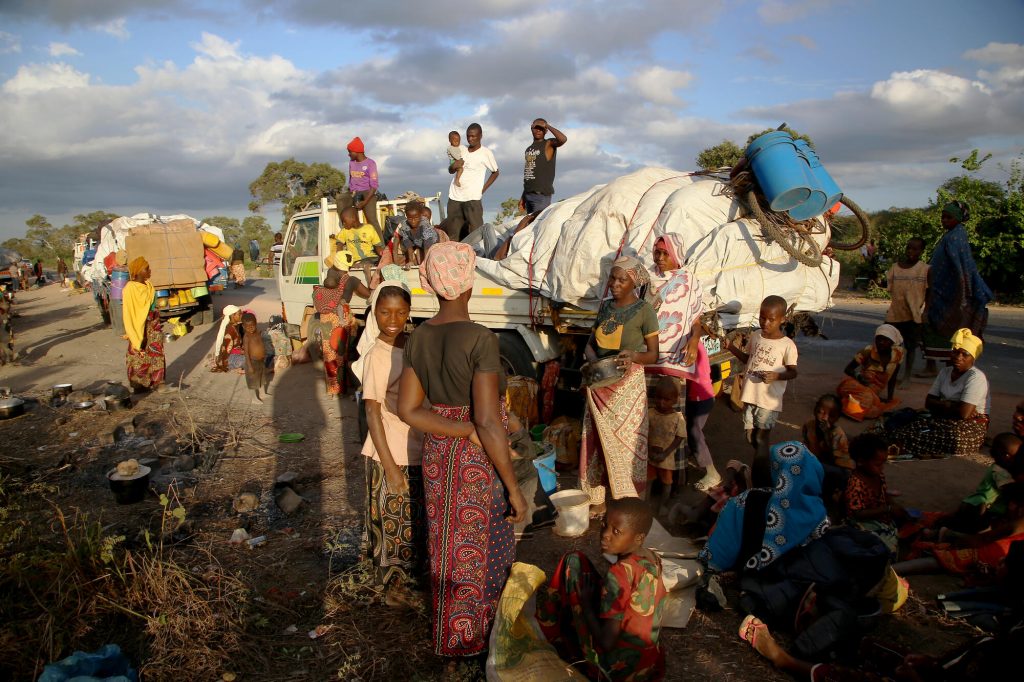
Local elections in Mozambique hang in the balance due to the continued armed insurgents wreaking havoc in the Northern Province. Tens of thousands have been displaced and the existence of those who remained is precarious. While SADC’s mission to Mozambique SAMIM has seen a measure of success the conflict is far from over. Terror attacks continue denting any hopes for an immediate return to normalcy across the province. The destabilizing effect that the Mozambique situation can have on the region is one that requires close monitoring.
These troubled contexts provide SADC with an opportunity to accompany these countries through multi-pronged efforts, including the SADC Electoral Advisory Council (SEAC) and the recently constituted SADC Panel of Elders. These structures are encouraged to maintain sustained engagement, and transparent monitoring of Pre-election, election and post-election periods. Such processes would engender confidence in the regional bloc’s seriousness. It would foster the belief that elections are not just an exercise in ticking boxes but a genuine opportunity for citizens to participate in the governance processes.
Zambia moves to entrench democratic values
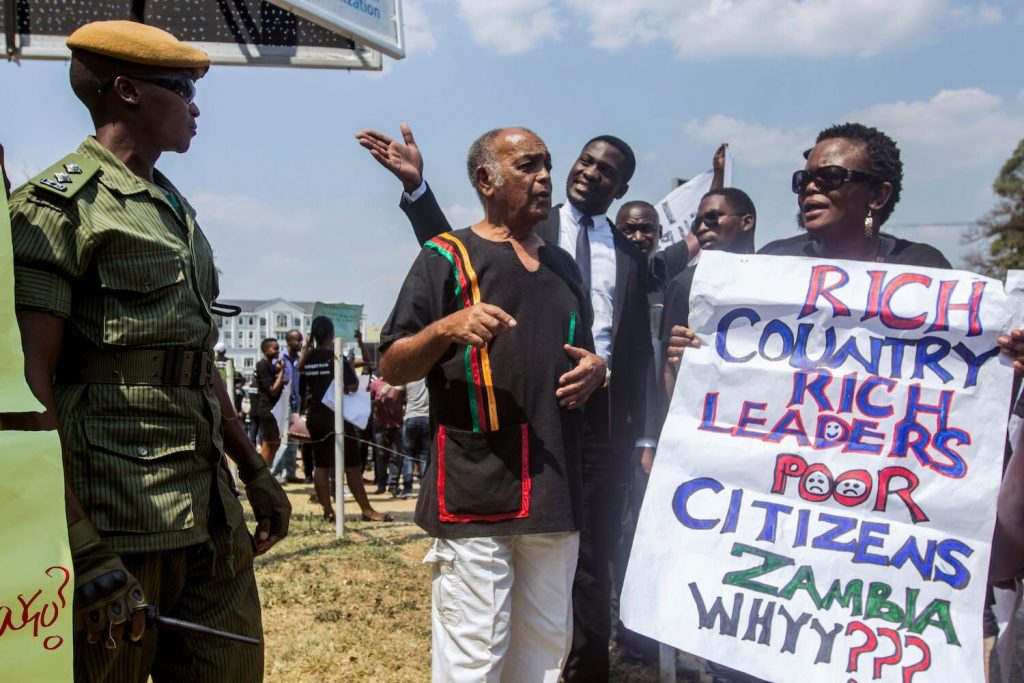
On a positive note, the incoming SADC Troika chair President Hichilema continues to make inroads toward entrenching democracy and freedoms in his country. Recently the President repealed the draconian law that criminalized criticizing the President. This will go a long way in protecting fundamental civil rights such as freedom of expression. Similar laws exist in countries like Zimbabwe and have been used to silence citizens from holding the president to account in public spaces.
Lesotho and the fate of the National Reforms

SADC’s sustained efforts in Lesotho has gone a long way in trying to bring about political stability in the country. While the reforms bill was not signed into law under the previous administration, the new Prime Minister, Mr. Sam Matekane has promised to ensure stability and fulfil the reforms that came as a result of the SADC facilitation process. The region pins its hopes of a stable Lesotho on Prime Minister Matekane making good on his promise. Much effort will however be required to ensure the implementation of these reforms once the bill is signed, with a national and regional consensus key in seeing these reforms deliver in bringing stability to the country.
Tanzania on a positive trajectory
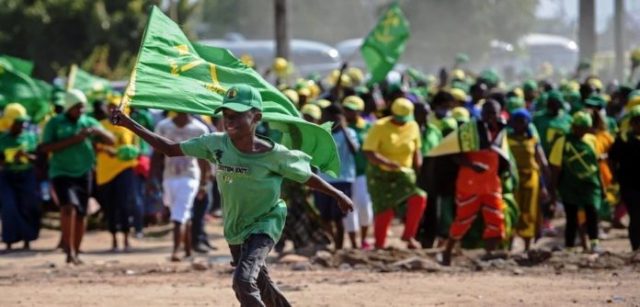
Positive developments have also been witnessed in Tanzania. President Samia Suluhu Hassan has turned the political trajectory in Tanzania towards more plurality of voices, ensuring that fundamental rights such as the freedom of association and access to information are guaranteed and enforced by the government. Her initial actions of unbanning media houses have been followed more and more with measured opening up of civic and political space resulting in the return of the opposition leader Tundu Lissu who had been living in Europe since the attempt on his life in 2017.
SWAPO set for its first female president
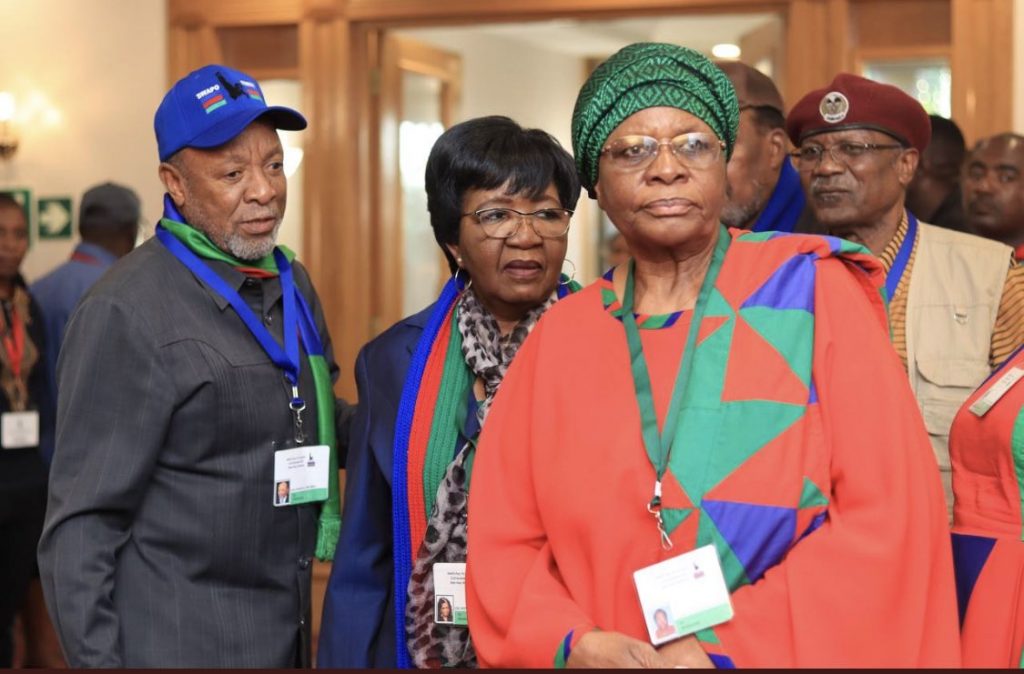
Namibia seems set to have its first female president with SWAPO electing Netumbo Nandi-Ndaitwah who is currently the Deputy Prime Minister of the country. President Hage Gottfried Geingob broke away from the ‘tradition’ of hand-picking a successor and allowed the ruling party to elect in a transparent process his successor. However, Netumbo Nandi-Ndaitwah’s path to the highest office in the land while likely, is not certain. As the liberation party, SWAPO’s popularity has been waning over the years. SWAPO lost two-thirds majority in the 2019 general election and 2024 is not going to be any easier.
Whilst there are positive developments unfolding in the region, with some optimism abounding that the region could be turning a corner, concerns still remain regarding the political hotspots that threaten the peace and stability of the wider region. The ability of the region to assert itself more and rein in situations that threaten the stability of the region will augur well for confidence in SADC by the region’s citizens. The region has sound policy frameworks such as the SADC Principles and Guidelines for Democratic Elections, however strict adherence and enforcement has been lacking. 2023 presents opportunities for the bloc to exercise its mandate and take the citizens into confidence as it supports and accompanies members states towards ensuring democratic values and stability prevail in the region.
